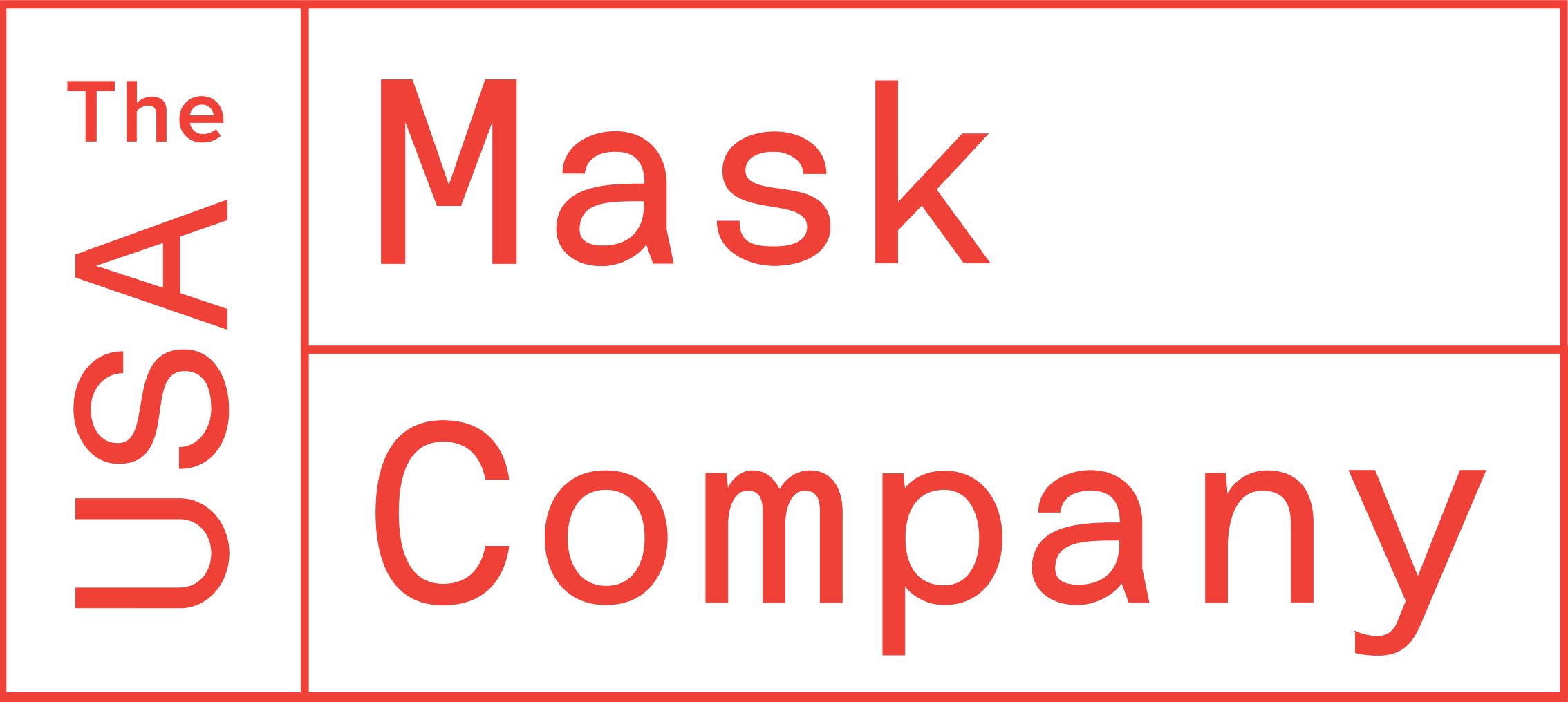As more expectant mothers in the U.S. are growing worried about the effects of COVID-19 on their pregnancies, the Centers for Disease Control and Prevention (CDC) has released standards and guidelines to ensure their safety and wellbeing.
While recent studies show that there’s a low risk of infection to newborns, it is still important for mothers to wear face-coverings and practice proper hygiene to avoid contracting the COVID-19 virus during the pregnancy or when taking care of a newborn considering that they are at an increased risk for severe illness.
Proper protocols upon detection of pregnancy
According to the CDC, women who are pregnant but do not show any COVID-19 symptoms should still make regular antenatal care visits to health facilities, where health workers will educate them on the symptoms and the importance of social distancing, the wearing of face masks when meeting visitors or going out, and what to do when they experience pregnancy-related complications. Medical-grade face masks with 95% levels of protection such as KN95 respirators are recommended for mothers from the gestation period to delivery.
For pregnant women who are experiencing symptoms or have been in contact with a potential carrier, testing and treatment should be administered immediately at a COVID-19 health facility, after which the general triage process will be observed.
Birthing alternatives out-of-hospital
A concerted effort by the CDC together with the American Hospital Association, the American College of Obstetricians and Gynecologists, the Society for Maternal-Fetal Medicine, and immunologists has also shed light on out-of-hospital deliveries for expectant mothers.
Among these, home births or deliveries in nearby birth centers that can provide prenatal, labor and delivery, and postpartum support are accessible countrywide. This, considering saturated admissions in hospitals for COVID-19 patients and the high risks involved in having their deliveries at hospitals can increase their chances of being infected.
Fortunately, there is no shortage of midwives in the U.S. with over 12,000 professionals across the country. However, midwives need to ensure that mothers are aware of available birthing options, potential risks involved in opting for out-of-hospital births, and proper practices in delivering newborns. It is also essential for midwives to practice infection protocols such as the wearing of face-coverings during health visits so they can also avoid COVID-19.

